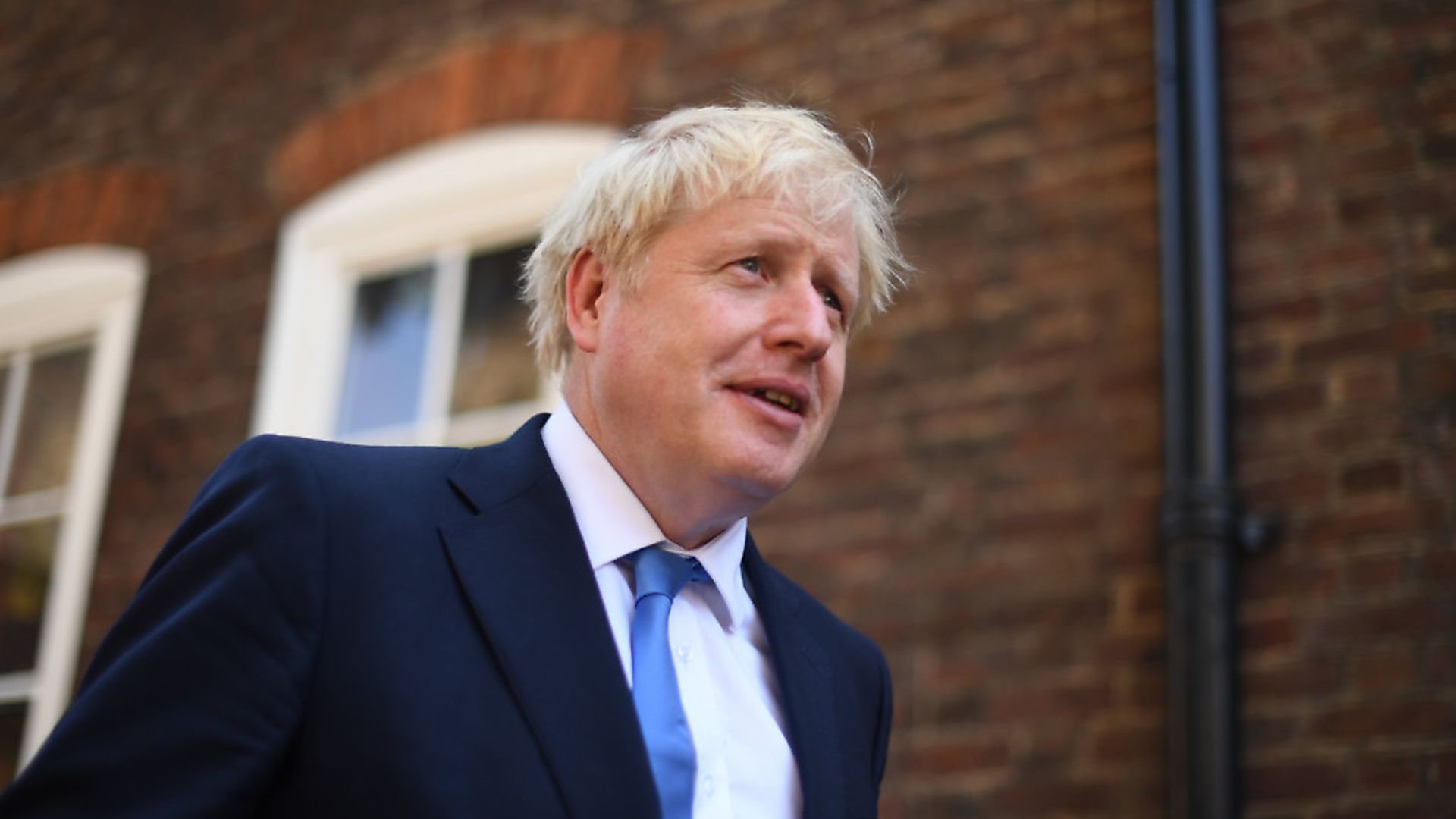
Boris Johnson has been busy plucking figures out of the air about how much EU membership costs the UK, but the latest official figures show that no matter how you look at it, it’s lower than he states.
Across various media interviews in the last couple of months, Johnson has used the figures of £1 billion a month and £250 million a week, adding that it would go up to £400 million a week.
MORE: Boris Johnson tries to claim remaining in EU would now cost ‘£400 million a week’But a new report released by the Office of National Statistics (ONS) shows that once all we get back from the EU is factored in, that figure is much lower.
Looking at 2018’s gross contribution of £20 billion, the weekly bill came to roughly £385 million a week.
But this is before the UK’s abatement is calculated – a deal negotiated by Margaret Thatcher in 1985 that reduces the UK’s contribution.
In 2018, the abatement was £4.5 billion, bringing the UK’s contribution to £15.5 billion. Again roughly speaking, that’s just under £300 million a week.
However, we also need to count the amount contributed back to the UK’s public sector through programmes such as the Agricultural Guarantee Fund or the European Regional Development Fund, which came to another £4.5 billion in 2018.
Counting these things in, the UK’s net contribution is now £11 billion, which comes to around £212 million a week – already below Johnson’s claims of “£1 billion a month” and “£250 million a week”.
There are still other savings to consider, such as funding available to the private sector – grants that bodies like businesses and universties can access.
The ONS notes that the five-year average of public and private sector credits on these programmes, between 2014 and 2018, was £5.6 billion.
Once that is counted in, the UK’s net contribution in 2018 was £7.8 billion.
Given that 2018’s government spending totalled £864.9 billion, the UK’s net contribution to the EU was less than 1% of the UK’s overall budget.
That expenditure grants access to tariff-free trade and countless EU-wide bodies spanning areas of cooperation such as international security, scientific research, youth travel programmes, visa-free travel, overseas health insurance and a raft of other benefits.









